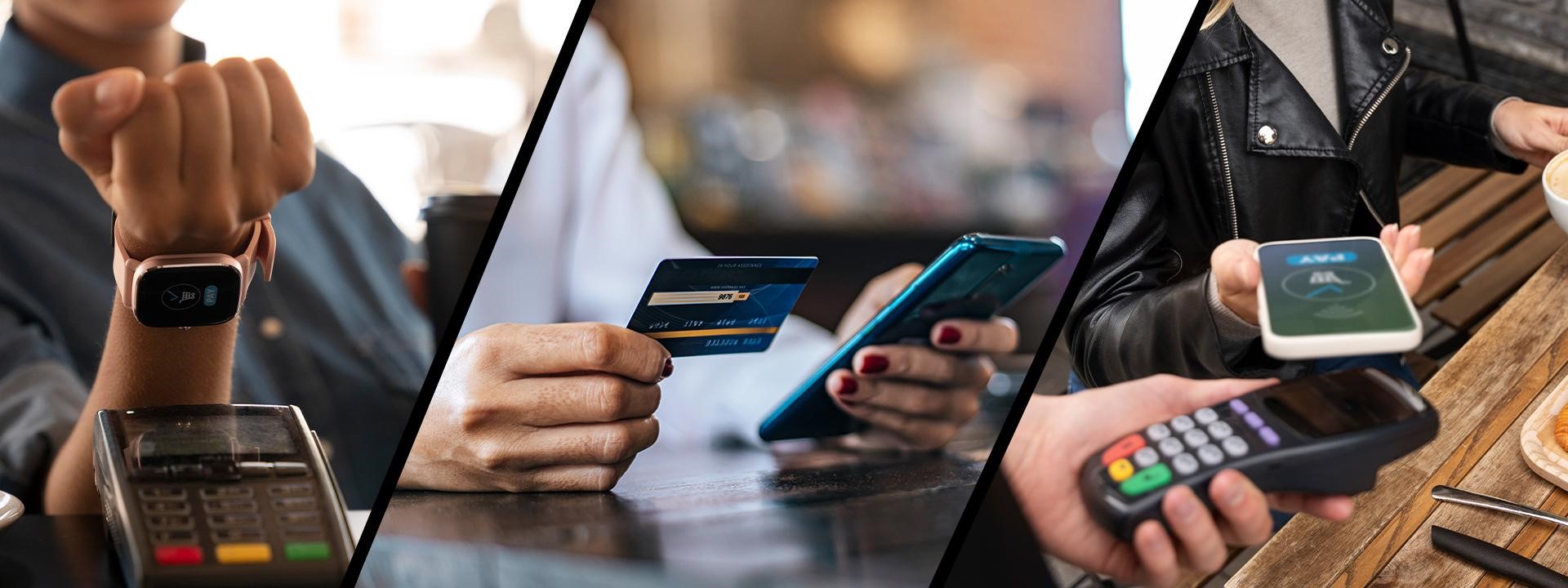Introduction
In today’s rapidly evolving digital landscape, payment gateways ensure secure and efficient online transactions. According to Forbes, the shift towards digital payments is projected to increase by over 80% from 2020 to 2025, driven by trends such as the rising adoption of digital wallets.
This underscores the critical importance for businesses and consumers to understand how payment gateways operate, ensuring safe and seamless transactions.
This article delves into the detailed mechanics of payment gateways, providing valuable insights into their role and functionality.
Step 1: Customer Initiates a Transaction
The payment gateway acts as a virtual doorkeeper when you purchase goods or services online. It manages the process of initiating your payment securely. This step involves:
- Selecting products/services and proceeding to checkout.
- Integration of the payment gateway into the website or app to facilitate transaction initiation.
- Ensuring the gateway’s role in securely capturing and transmitting payment information.
Step 2: Encryption and Data Transmission
As criminals actively seek to steal payment card data, encryption plays a crucial role in safeguarding sensitive information. Encryption transforms your payment details into a secure code during transmission to the payment processor. This ensures that even if data is intercepted, it remains unreadable and unusable to unauthorized individuals.
Criminals have been increasingly active, with ransomware attacks in 2023 reaching unprecedented levels of sophistication and aggression, according to a study by Professor Madnick, Ph.D., supported by Apple. In fact, 98% of organizations have a relationship with a vendor that experienced a data breach within the last two years. In the first eight months of 2023 alone, over 360 million people were victims of corporate and institutional data breaches. Additionally, over 2.6 billion personal records were breached in 2021 and 2022 combined. Encryption remains crucial—remember, if data has value, encryption devalues it.
Step 3: Authorization Request
At this stage, the payment gateway and processor implement various security measures to protect transaction data. Examples include:
- Tokenization: The replacement of sensitive card details with unique identification symbols (tokens) that retain essential information without compromising security.
- Secure Socket Layer (SSL) Certificates: These certificates ensure secure communication between the website and the customer’s browser, preventing the interception of sensitive data.
- Two-Factor Authentication (2FA): Adding a layer of security by requiring users to verify their identity through two different types of credentials.
Step 4: Bank Response
Upon receiving transaction details from the payment processor, the bank (issuing bank) assesses the transaction’s validity. The bank’s response—either approving or declining the transaction—is communicated back to the payment processor through secure channels. This verification process ensures that funds are available and that the transaction meets all security and regulatory requirements.
Step 5: Payment Processor and Customer Notification
After receiving the bank’s response, the payment processor informs the payment gateway, which notifies the merchant and the customer of the transaction status. Notifications are typically sent in real-time through email, SMS, or directly on the website, ensuring prompt updates and transparency.
Step 6: Transaction Completion
Lastly, for approved transactions, the payment gateway facilitates the secure transfer of funds from the customer’s bank account to the merchant’s account. This final step ensures the transaction’s completion, while declined transactions prompt the gateway to assist customers in resolving any issues promptly.
Additional Features and Security Measures
Payment gateways, such as PaydUp, offer a range of advanced security measures and features to enhance transaction security and efficiency:
- Address Verification Settings (AVS): Merchants can verify the authenticity of transactions by matching the cardholder’s address details, including street address and zip code. A better match increases the likelihood of a legitimate transaction and can help secure more favorable processing rates.
- Payer Authentication 2.0: Enhanced security protocols developed by Visa and Mastercard enable consumers to shop online securely with customizable options.
- Kount® Advanced Payments Fraud Prevention: Utilizes AI-driven fraud prevention for e-commerce, m-commerce, and card-not-present transactions, providing real-time risk analysis and fraud assessment.
- Advanced Fraud Protection: Empowers merchants to detect and prevent fraudulent activity using extensive filters to identify suspicious transactions before approval.
- Point-to-Point Encryption (P2PE): Ensures cardholder data is never exposed during payment transactions, utilizing the most secure encryption solution available.
- Customer Vault—Secure Payment Card Storage: This secure storage solution stores and manages customers’ card information, making it ideal for industries with subscription services. The Customer Vault maintains unique token values for repeat transactions without storing sensitive payment data.
- QR Codes: Merchants can create payment links as QR codes for quick and contactless transactions.
Conclusion
Understanding the intricate workings of payment gateways is essential for businesses aiming to provide secure and seamless online transactions. Each step—from transaction initiation to completion—is vital in ensuring customer trust and satisfaction. By leveraging reliable payment gateway solutions like those offered by PaydUp, businesses can optimize their payment processes and enhance their online service offerings.
For businesses seeking secure and efficient payment solutions tailored to their needs, contact Success@Paydup.net. Our extensive expertise in the payments industry ensures we understands your challenges and can help you find the perfect gateway solution.
Get in Touch Today
Submit a Request
Call Us

